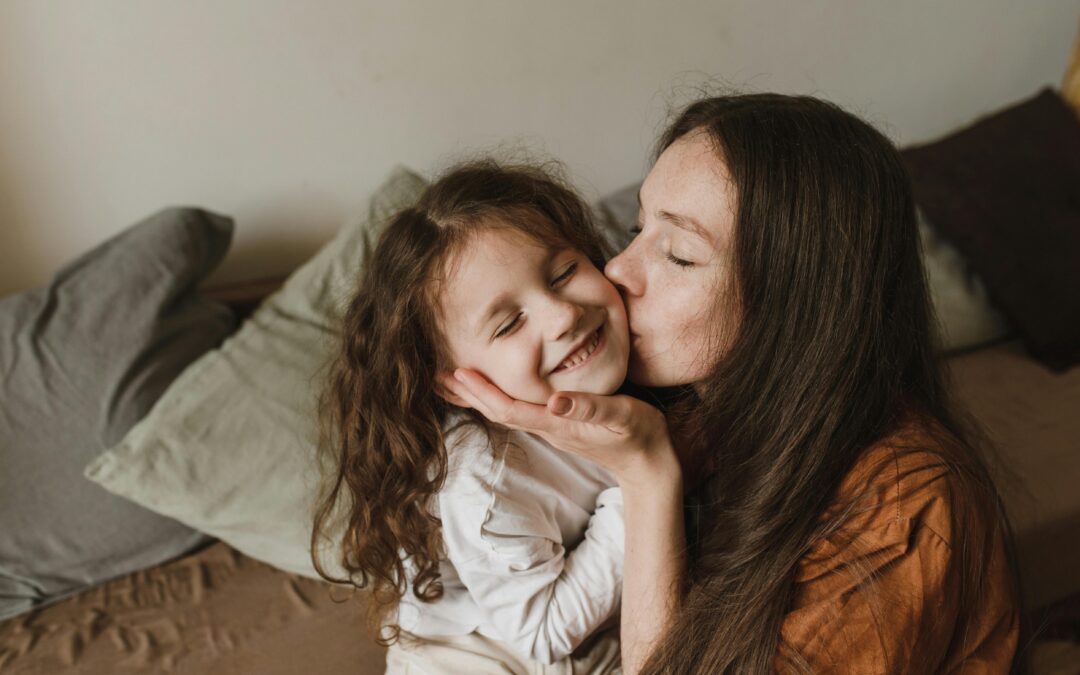In early childhood, emotional development is just as critical as cognitive and physical growth. We recognise that each child brings a unique emotional profile shaped by personality, temperament, experiences, and environment. Supporting this development requires more than just kindness — it takes intentional strategies, consistent routines, and a deep understanding of each child’s needs.
Our educators are trained in emotional literacy and regulation strategies, and we embed these tools into everyday interactions. Whether it’s helping a child name their feeling using visual emotion charts or guiding them through a breathing exercise during moments of frustration, our team is equipped to support a wide range of emotional responses. As ACECQA (Australian Children’s Education & Care Quality Authority) outlines, a child’s sense of belonging and security is foundational to all aspects of learning and wellbeing (source).
We also place great emphasis on family partnerships. During enrolment and through ongoing communication, we invite families to share their child’s emotional triggers, calming strategies, and home routines. This collaboration ensures that children receive consistent support across both home and care environments, building trust and emotional security.
At Kenmore Hills Early Learning, we don’t just respond to big emotions — we proactively teach children the skills to understand and manage them. Our curriculum includes mindfulness activities, social stories, and cooperative games that help children develop resilience, empathy, and self-regulation. Educators model respectful and calm responses, empowering children to express their emotions in constructive ways.
We also provide quiet spaces within our environments where children can retreat when they need time to reset. These areas support self-regulation and honour each child’s individual coping style.
Emotional wellbeing is not just a goal at KHEL, it’s woven into everything we do to ensure children thrive both now and in the future.


Recent Comments